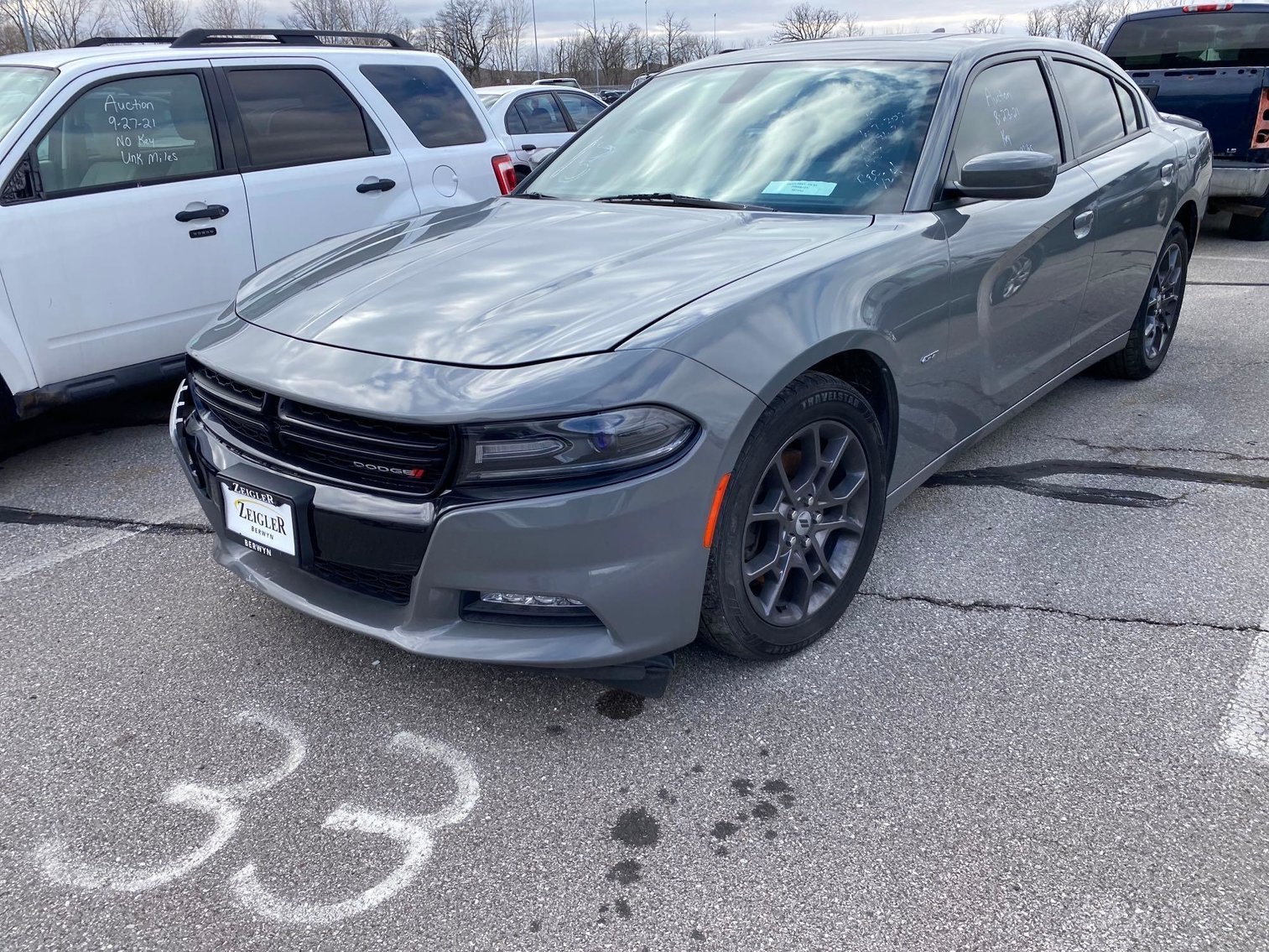Affordable Cars from Police Auctions
If you’re searching for cost-effective vehicles, police impound lots are worth exploring. These venues provide affordable, reliable car options without requiring hefty budgets. Gain insight into finding budget-friendly cars through police auctions.
Purchasing from these lots doesn’t entail sacrificing quality or reliability. By conducting thorough research and employing a strategic method, you can find a vehicle that meets your standards. When assessing impound lots, examine vehicle conditions, history, and potential fees or charges. By reviewing various options and comparing costs, you improve your chances of securing an economical, dependable car.

For budget-conscious car buyers, the phrase “police auction” often sparks visions of hidden gems—reliable vehicles sold at a fraction of their market value. From sedans and SUVs to motorcycles and even rare classics, police auctions offer access to seized, abandoned, or surplus vehicles that law enforcement agencies need to liquidate quickly. Unlike traditional dealerships focused on profit, these auctions prioritize efficiency, making them a goldmine for those willing to navigate the process. Yet, while the potential for savings is real, so are the risks: “as-is” sales, limited inspections, and competitive bidding can turn a dream deal into a costly mistake. This guide demystifies police car auctions, equipping you to find affordable, reliable vehicles without falling prey to common pitfalls.
Police car auctions are public or private events where law enforcement agencies sell vehicles they’ve seized, impounded, or retired. The inventory spans three primary categories:
Exploring Opportunities at Police Impound Car Auctions
Police impound car auctions sell vehicles that have been towed, confiscated, or abandoned. These auctions allow law enforcement agencies to clear impound lots while recovering storage and handling expenses. Buyers can access diverse vehicles at lower prices, though these cars are sold without condition guarantees. Understanding auction procedures and preparing for non-refundable purchases is critical.
Set a Realistic Budget
Before heading to an impound lot or registering online, setting a clear budget is crucial. Establish what you’re willing to spend, including taxes, insurance, and registration fees. Budgeting helps focus on cars within your range. Additionally, consider maintenance costs to calculate overall ownership expenses. Cars that are fuel-efficient and have lower upkeep costs are advantageous for saving on long-term expenses. A simple search for “police impound vehicle auctions near me” can help locate nearby events from the comfort of your home.
Inspect Vehicles Thoroughly
Conduct a thorough inspection of each vehicle before making a decision. Look for damage or wear; obtain maintenance records if possible. Detailed checks help spot issues and avoid cars needing extensive repairs. A test drive, if feasible, aids in assessing performance, focusing on noises, vibrations, and critical functions like brakes and steering. Gathering vehicle history and past maintenance information supports informed decision-making.
Finalize the Purchase
After identifying a suitable car, it’s time to complete the purchase. Review the sales agreement thoroughly, clarifying all terms and conditions. Check any warranty or return policy details. Ensure all paperwork for transferring ownership is handled correctly. Have a certified mechanic inspect the car before finalizing the deal to confirm quality and safety standards.
Affordable and Reliable Options
Exploring police impound lots can lead to affordable, reliable vehicle finds. Through disciplined research, budgeting, inspections, and careful transactions, you can make a wise investment in a cost-friendly vehicle. By valuing safety and reliability, you’ll enjoy owning a practical, budget-conscious car.
Police auctions aren’t for everyone—they require time, research, and tolerance for risk. But for buyers willing to put in the work, they offer unparalleled access to affordable, reliable vehicles. The key is to balance ambition with caution: set a budget, verify every detail, and never let competition cloud your judgment.
Whether you’re a first-time buyer seeking a $5,000 commuter or a collector hunting for a classic, police auctions level the playing field. As Jake’s story proves, the next great deal could be a bid away—if you’re prepared to seize it.
Remember: the cheapest car at the auction isn’t always the best deal. The best deal is the one that fits your budget, meets your needs, and doesn’t turn into a money pit. With the right approach, police auctions can turn “affordable” into “extraordinary.”







